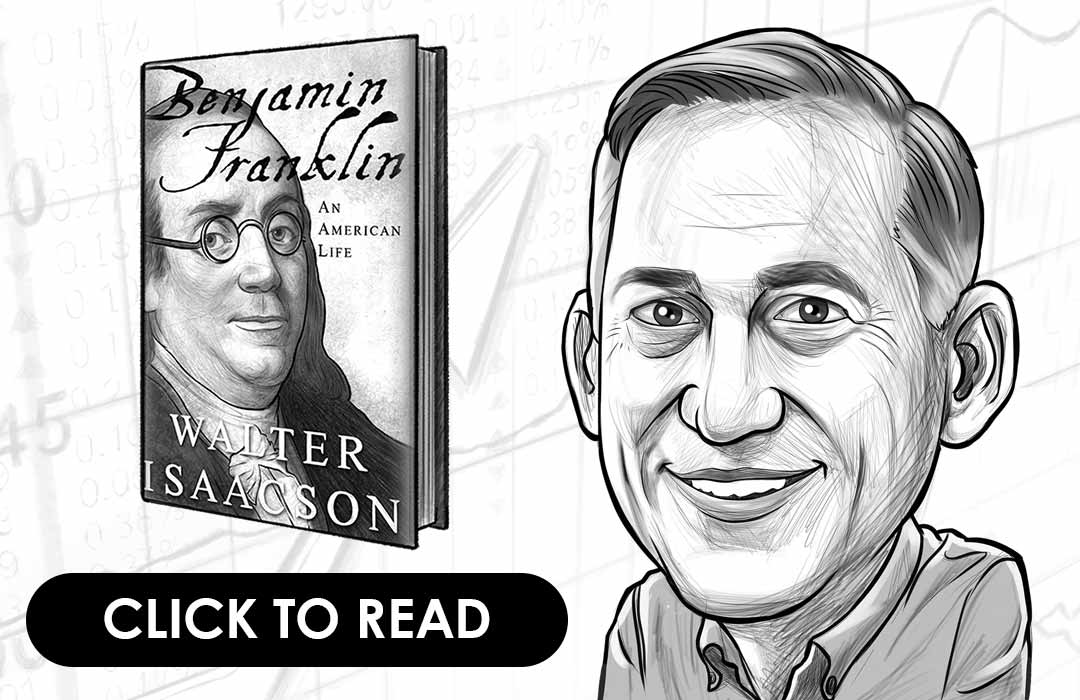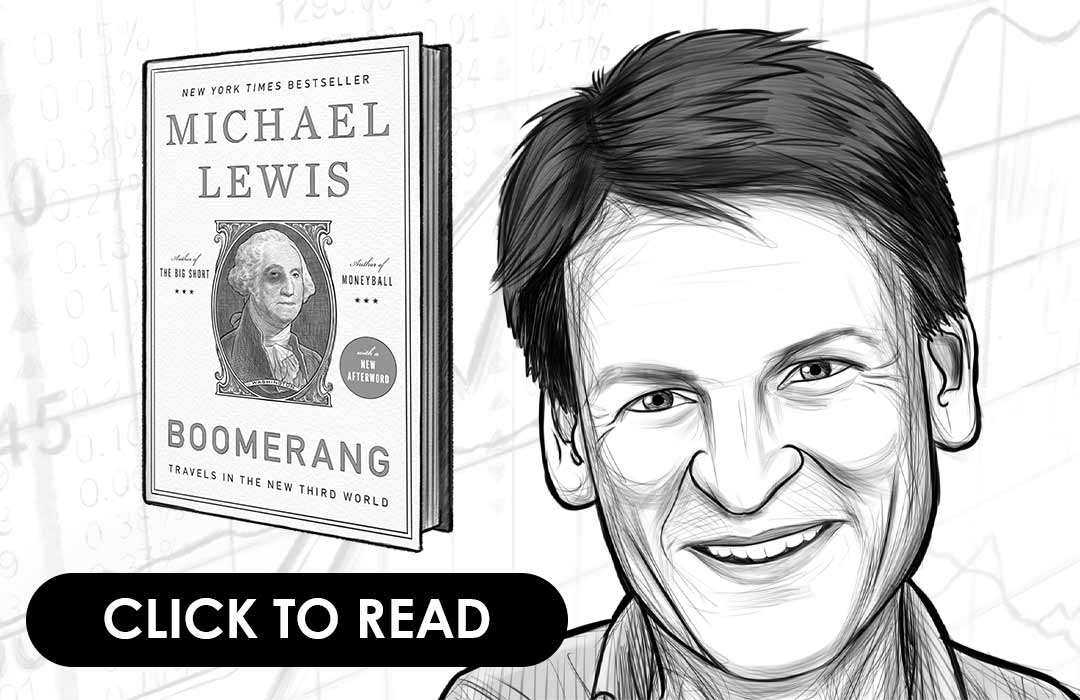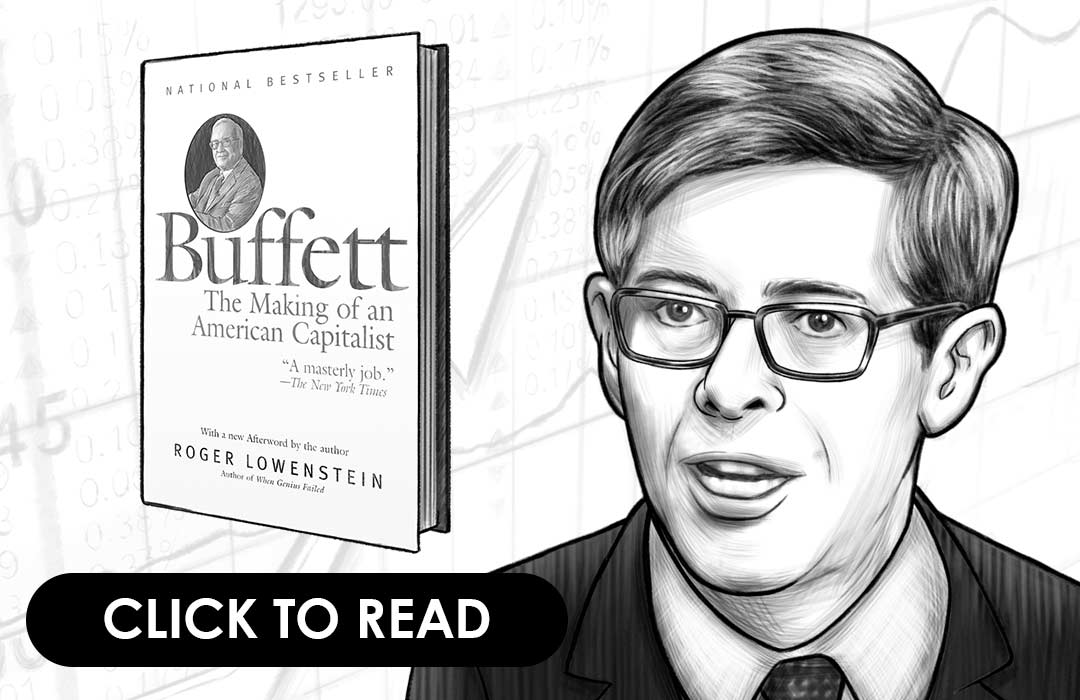An Executive Summary Of The Effective Executive
By Peter Drucker
WHO IS PETER DRUCKER?
Peter Ferdinand Drucker (1909 – 2005), was an educator, management consultant and author. Born in Austria, Peter has contributed towards management through his writings and teachings. Known as the ultimate management thinker in his time, his ideas have shaped and chiseled the modern corporation that exists today. His practical knowledge also inspired him to simply get things done. Billionaire Jeff Bezos highly recommends Peter’s business effectiveness in this book: The Effective Executive.
PRESTON AND STIG’S GENERAL THOUGHTS ON THE BOOK
This was really not a book I liked, and the style of writing was very boring. I think the examples Peter Drucker comes up with are extremely dry and hard to relate to your everyday life – even for the person that might consider a CEO position someday. Clearly this is not what the title promises either.
There were however, a few good points. I thoroughly enjoyed his discussion about how to manage time. A CEO can easily fall into the trap of working solely due to other peoples’ schedule and not his own. An example was one CEO that had a weekly meeting that he didn’t want to go to. What he found out after cancelling the meeting is that his subordinates had a similar opinion. They only felt obligated to ask questions to show that they were interested – which really wasn’t the case. Calculating the true cost of unproductive meetings is an important exercise for all CEOs. This example is among many good points found in the book. Unfortunately, the manner in which the ideas and lessons are presented is the main issue I have with the writing.
PREFACE
An executive’s performance is measured by his ability to do things efficiently. He/she should not only focus on his work, but he should also set things right if the others ignore something. Additionally, he should be productive and manage time effectively. In this book, Drucker talks about a few practices that are essential to manage your business. Drucker also reminds us about how important it is for an executive to possess the skills that are required to handle any issues that could arise unexpectedly.
Understand the financial markets
in just a few minutes.
Get the daily email that makes understanding the financial markets
easy and enjoyable, for free.
CHAPTER 1: EFFECTIVENESS CAN BE LEARNED
In this very first chapter, Drucker stresses on the fact that every leader that made headlines had to learn and be trained to be effective. It’s a skill that can be honed with practice until it becomes a habit. Although effective executives differ from one another in terms of personality, values, weaknesses, strengths and beliefs, they all have one thing in common and that’s the ability to get things done. Even if an executive is smart, intelligent and eager to do things, only effectiveness will help to deliver the desired results.
Drucker also laments that organizations in the yester years haven’t paid much attention to effectiveness. Usually, corporations were dominated by manual workers who relied very much on their skills to produce something. Therefore, effectiveness was taken for granted.
However, things have changed rapidly today. Here, he talks about how important it is for a corporation to have a ‘knowledge worker.’ This worker might not produce something productive in terms of manual work, but his contribution towards the business in terms of his ideas and performance is what will help the company in the long term. He produces undisputed knowledge that might be termed useless unless another knowledgeable person takes it as his input and produces an output that matches the reality.
Furthermore, Ducker explains exactly what an executive is. An executive is nothing but a knowledge worker who takes his responsibility seriously. Whether it’s to obtain a larger audience for a particular product or launch a completely new product, an executive must be someone who is capable of taking the right decisions. An executive’s work cannot be measured in terms of quantity because knowledge can’t be measured; however, it’s essential to understand that the very fate of a company lies on the shoulders of the knowledge worker or executive who focusses on his responsibilities more than anybody else.
CHAPTER 2: KNOW THY TIME
Many executives start their tasks by planning their work. Though this sounds efficient, it very rarely works simply because the plans made stay on paper and don’t get executed. All the intelligence and smartness in the world is pretty much useless if an executive fails to convert his knowledge into something productive effectively.
On the other hand, effective executives are those who don’t begin with their usual tasks, but instead concentrate on their precious time, which is indeed very limited in our busy schedules today. Instead of wasting time on planning things that might never be executed, they manage their time and even cut back on things that aren’t worthy of their time. While a company can rent and hire good people to do their jobs, it’s not possible to hire or rent time. Drucker states that managing, recording and consolidating time is most important for an executive to be really effective.
Most importantly, an executive has to be completely sure of how he spends his time. For instance, an executive may think that he’s spending X number of hours on something he has planned, but in reality, the records may show something else. Since he has planned it and wants to spend his time that way, his memory might make him believe that he’s doing the right thing, but the truth might be far different. Therefore, an efficient executive is who records his time rather than relying on his memory.
Executives also need to understand how to manage their time. Every organization demands a lot from its executives. For instance, the manager in a company will have to talk to customers even if there’s no productive output. Although he knows that it’s a sheer waste of time, he will have to dedicate large chunks of his time to something that might not deliver anything. Yet, he has to do it. Thereby, an effective executive is the one who has the ability to manage his time perfectly.
CHAPTER 3: WHAT CAN I CONTRIBUTE
Drucker discusses about how important it is for an effective executive to think about his contribution. A responsible executive will be conscious about his contribution and will always strive to offer something that can improve the operations of the company he works for. If an executive focuses on his contribution, Drucker says that he is indeed on the right track to be more effective.
The problem with many organizations is that the executives tend to focus downwards and concentrate more on the efforts instead of the results. They quickly become ineffectual because they are more concerned about what their company owes them. Such an attitude makes it very difficult for an executive to focus on his work. Therefore, to sum it up, an effective executive is one who understands that he is responsible to deliver results and does everything to achieve it.
Furthermore, Drucker also says that an executive who doesn’t mull over his contribution to his company is likely to aim too low and thus deliver average results. It’s very essential for an executive to use any unused potential that has been ignored in the workplace.
Here, Drucker also talks about how an organization itself can also contribute towards becoming better. By overcoming any limitations that are set, an organization can set a perfect example to its employees. They can even contribute by selecting individuals who will run the business efficiently in the future. Any organization that cannot perpetuate itself is doomed to fail. In other words, a company should upgrade the human resources and work towards finding executives who can contribute more with every passing day. Basically, Drucker insists that it’s necessary for organizations to adapt and change according to the situation, because after all, change is the only thing that is constant
CHAPTER 4: MAKING STRENGTH POSITIVE
As the title of this chapter suggests, an effective executive is one who uses not only his strength, but also that of his associates and superiors to do something productive. In order to accomplish results, one needs to use strengths as opportunities and strive ahead. Also, an organization should ensure that their strengths are used collectively to its maximum potential. Although there may be many employees who might have many weaknesses, the organization can certainly make it irrelevant.
Since the strength has to be used unitedly, an executive who is entrusted with the responsibility of hiring the staff needs to understand that the entire future of the company lies on his shoulders. An effective executive should be able to fill positions based on what the individuals can do. Instead of focusing on minimizing the weaknesses present, he should maximize the strength. This also means that effective executives will never be concerned about the weaknesses of the staff, but they will only think about how good they can perform.
On the other hand, if an executive chooses to look more into the weakness of the staff, he/she probably perceives the staff as a threat. It is important to note that even if others around an executive perform well, the executive also stands to gain. Needless to say, a good executive will also know that his subordinate’s job is only to perform. For instance, if a superior fires his subordinate for personal issues even when he’s performing, the company is certainly headed in the wrong direction. Similarly, a superior who handles the tantrums of his subordinates only because of their strengths is undoubtedly an efficient executive.
CHAPTER 5: FIRST THINGS FIRST
In this chapter, Drucker also revisits the key points discussed about time and strength in the previous chapters. He also declares that the secret to being effective is concentration. Executives will always be hard pressed for time. No matter how well they manage time, they will always fall short of it. Therefore, he is forced to do too many things at a time and loses his concentration somewhere along the way.
Sure, there are many people who excel at doing many things at a given time, but it’s important to remember that they have to spend a minimum amount of time in each task to deliver results. In addition, many executives underestimate the time required to complete a task. On top of that, they fail to think about the unexpected and assume that everything will happen according to what they have planned. When something occurs unexpectedly, they are definitely going to be surprised and unprepared. This makes them dedicate more time for their tasks, which in other words mean that they are only wasting their time.
However, a smart executive is aware that the unexpected occurs more than often. He will work on first things first and does it only one at a time. This way, rather than doing too many things at once and not succeeding in any of them, he will concentrate on one task and accomplish it efficiently.
CHAPTER 6: THE ELEMENTS OF DECISION-MAKING
An executive who is entrusted by the organization to make decisions understands how important decision‐making is. Although it might not take a lot of time to take decisions, an effective executive knows that his decisions will have an enormous impact on the entire company. He won’t even take too many decisions and waste his time, but his sole focus will rest on the most important ones that can direct the company.
Decision-making is not an easy job. There are too many factors included and an effective executive should be able to tackle different situations based on its merit. He also knows that it’s very tricky and should distinguish between right and wrong. Among the many situations he will likely see, he will also see unique and generic problems.
First off, when an executive faces a situation where he’s supposed to take an important decision, he will try to determine whether the problem is generic or unique. If it’s generic, he will take decisions based on the principles he has already set. This will help him deal with other similar problems with a few adaptations. However, there are many instances where the executive could face unique situations. In such cases, he will have to handle everything according to that particular situation because you cannot make rules for something that’s unexpected.
Many executives also make the mistake of confusing a generic situation with a unique one. Since he will inevitably waste a lot of time on something that could have been managed easily if he had taken the trouble to set his own rules and principles earlier, he will eventually become frustrated even with simple problems.
Understand the financial markets
in just a few minutes.
Get the daily email that makes understanding the financial markets
easy and enjoyable, for free.
CHAPTER 7: EFFECTIVE DECISIONS
In this last chapter, Drucker talks about effective decisions. A decision is simply a judgment that’s not between right or wrong. An effective executive knows that he could be almost right and sometimes probably wrong too. While many books and experts suggest that executives need to chase the facts before they take any important decisions, Drucker argues that it’s impossible to find the facts first.
He asserts that instead of running behind facts, executives should focus on opinions. For instance, when you’re cooking something, you trust opinions more than anything else. Facts can be different in different areas and even a statistician will distrust facts and become suspicious. Therefore, an effective executive should always encourage other opinions. However, he will also be clear that the one voicing the opinion is also aware of what his opinion, when tested against reality, is likely to show.
Drucker also explains several other important factors necessary for decision-making. An effective executive, at the end of the day, will listen to opinions and disagreements and then take his decision after he’s convinced that the experiment is relevant.







